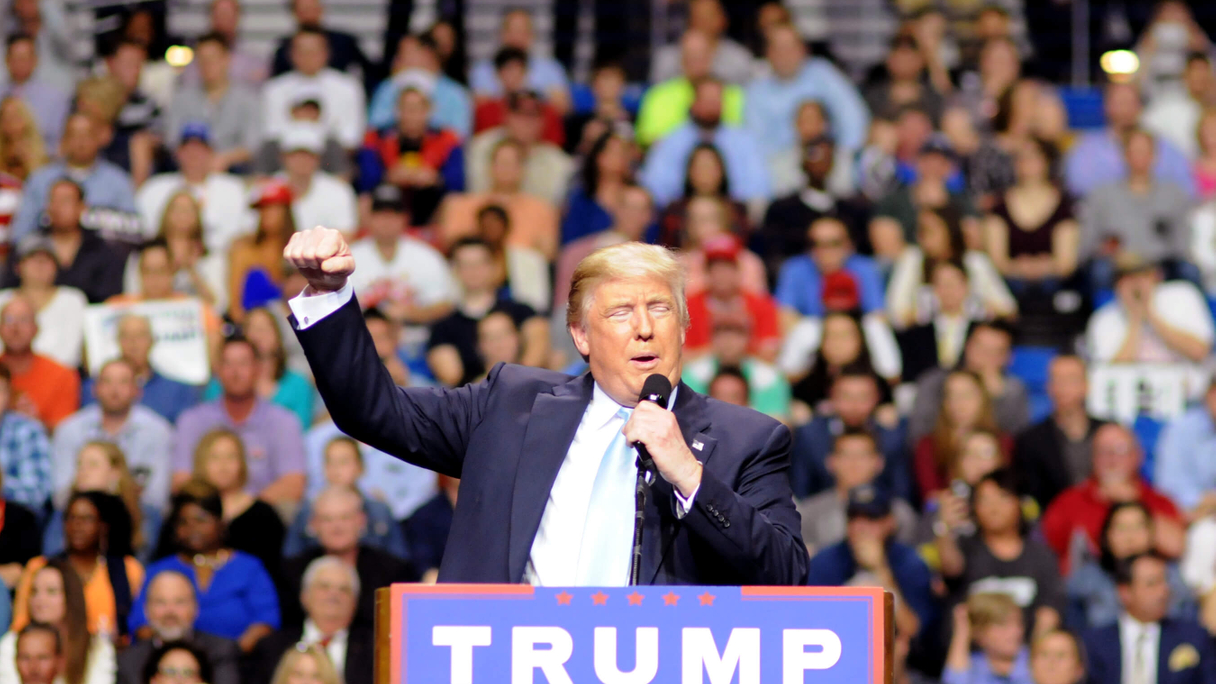Free trade has become a major topic in the US presidential election. Both Republicans and Democrats are campaigning against free trade. If the US turns its back on trade, though, it won’t be American workers who will benefit. It may be China’s.
¬ Haymarket Media Limited. All rights reserved.



